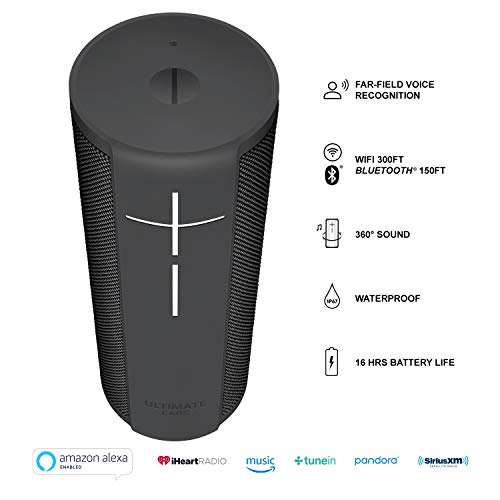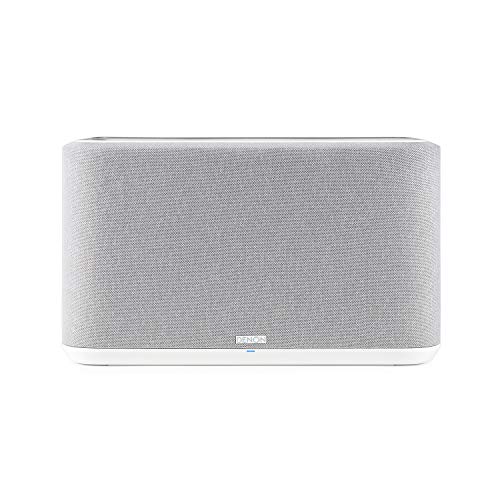If you take a peek at any manual for the best speakers on the market, it’s sure to be full of jargon, symbols, and acronyms, just like any sector of the tech world. And while much jargon surrounding audio speakers isn’t necessary to learn, understanding what Ohms means in speakers’ terms is highly necessary to ensure you don’t ruin your equipment.
KEY TAKEAWAYS:
- Ohms are essentially a power rating, and if the total speaker Ohms (impedance) total less than the amp’s accepted Ohm range, this can cause irreversible damage to a sound system.
- If total speaker Ohms are above the amp’s accepted Ohm range, this can cause the speakers’ power to decrease to the point of uselessness.
- Make sure your total speaker impedances fall within the acceptable Ohm range for your amp by switching speakers between series and parallel wiring schemes if necessary.
You might also want to follow your reading up with this article that covers how to repair stereo speakers or our guide to speaker replacement parts.
Insider Tip
You can find resistance calculators online if you are unsure how to use the formula for parallel wiring.
Additionally, more of our educational content includes how to wire a speaker to an amp, what gauge wire to use for speakers, and active vs passive speakers.
What Does the Term “Ohms” Mean in Speakers?
The Ohm, which is identified in the world of sound by the greek omega symbol (Ω), is a measure of resistance to an electrical current and is used to determine voltage. The concept is hard to understand but can be thought of as ‘less equals more,’ where the lower the Ohm count, the less resistance and the more current (or power output) that passes through.
Why Do Ohm Ratings Matter?
So you may be thinking, “So what? Electricity is electricity.” This line of thinking is wrong. Not having enough electrical resistance to a flow of electricity can fry your system, so you must understand your speaker’s Ohm rating and the amount your amp can handle. For example, if you have a 4-Ohm speaker and an 8-Ohm amp, you will be providing double the electrical current than necessary.
Understanding Impedance In Wiring Setups
Powering a pair of speakers with too low an impedance is similar to watering a plant with a fire hose. When you are pumping much more current than necessary, you can cause great damage. And impedance is how you can measure to know you are safe when setting up your sound system.
Impedance loads measure the amount of resistance so that you can properly set up your speakers, and the way to do this is by wiring speakers in a certain way. The two most common methods of doing this are series and parallel.
The equation for the series impedance of speakers is a simple matter of addition. For every speaker wired in series, the number of Ohms adds to itself. So if you have three 4-Ohm speakers, the load impedance will be 16 Ohms (4+4+4).
With measuring the output impedance of speakers in parallel wiring, the equation is more complicated. The best way to explain this is to divide the total impedance each time speakers in parallel are added to the wiring scheme. For example, two 4-Ohm speakers equal a 2-Ohm impedance speaker load, three 4-Ohm speakers are a 1.33-Ohm impedance, and four 4-Ohm speakers equal a 1-Ohm impedance.
Warning
Given how each wiring scheme affects impedance load, wiring speakers in parallel is much riskier and requires more attention than wiring speakers in series.
F.A.Q.S
Do Ohms affect the sound quality of a speaker?
The only thing that Ohms effect is the power (volume). They don’t affect sound quality.
Is it possible to use an 8-Ohm speaker with a 4-Ohm amp?
You can do this, but the speaker won’t be able to access the full power of your amplifier.
Does low load impedance guarantee a higher sound quality?
What matters most regarding sound quality is pairing low-impedance speakers with a low impedance amp.
STAT: A shorted electrical circuit has very little impedance, usually considered under 2 Ohms. (source)
REFERENCES:
- https://www.seaward.com/gb/support/resistance/faqs/59780-a-guide-to-resistance-measurement#:~:text=The%20Ohm%20(%CE%A9)%20is%20a,important%2C%20basic%20laws%20of%20electricity.
- https://www.youtube.com/watch?v=gvaojICThzg
- https://www.electronics-tutorials.ws/resistor/res_4.htmlr
- https://www.hifireport.com/speaker-impedance/#:~:text=Lower%20speaker%20impedances%20in%20amplifiers,amplifiers%20(above%208%20ohms).
- https://www.allaboutcircuits.com/tools/parallel-resistance-calculator/















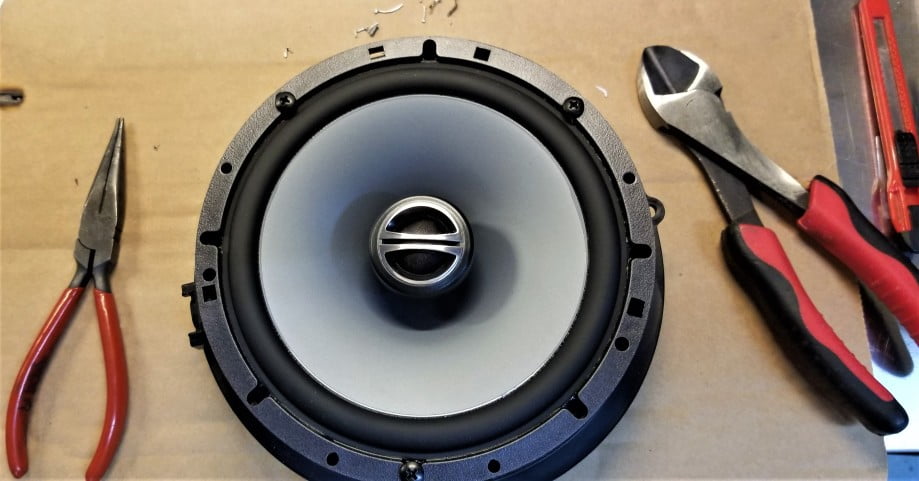
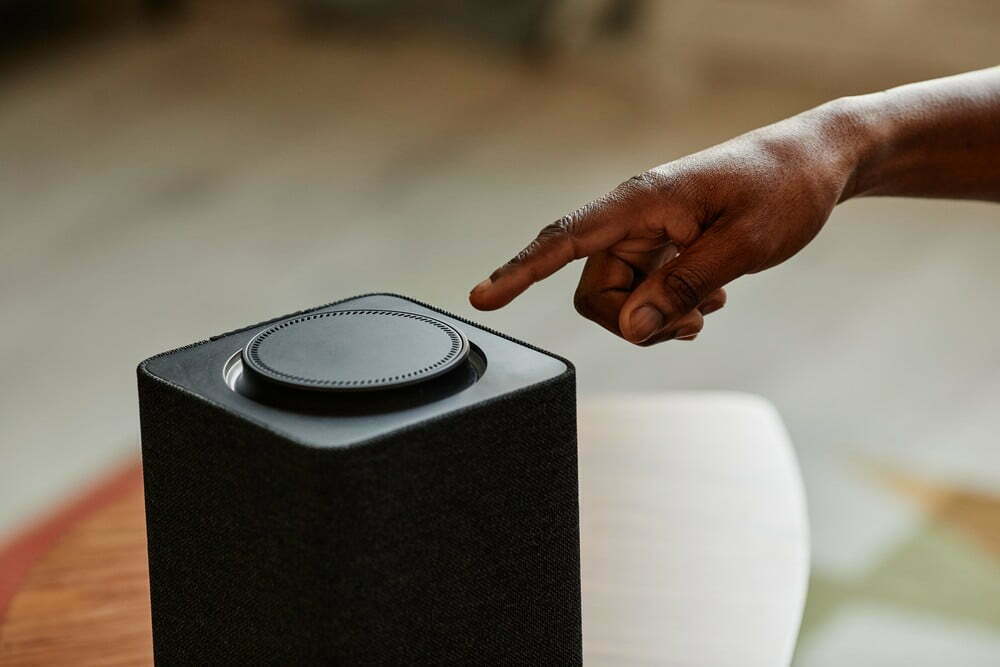
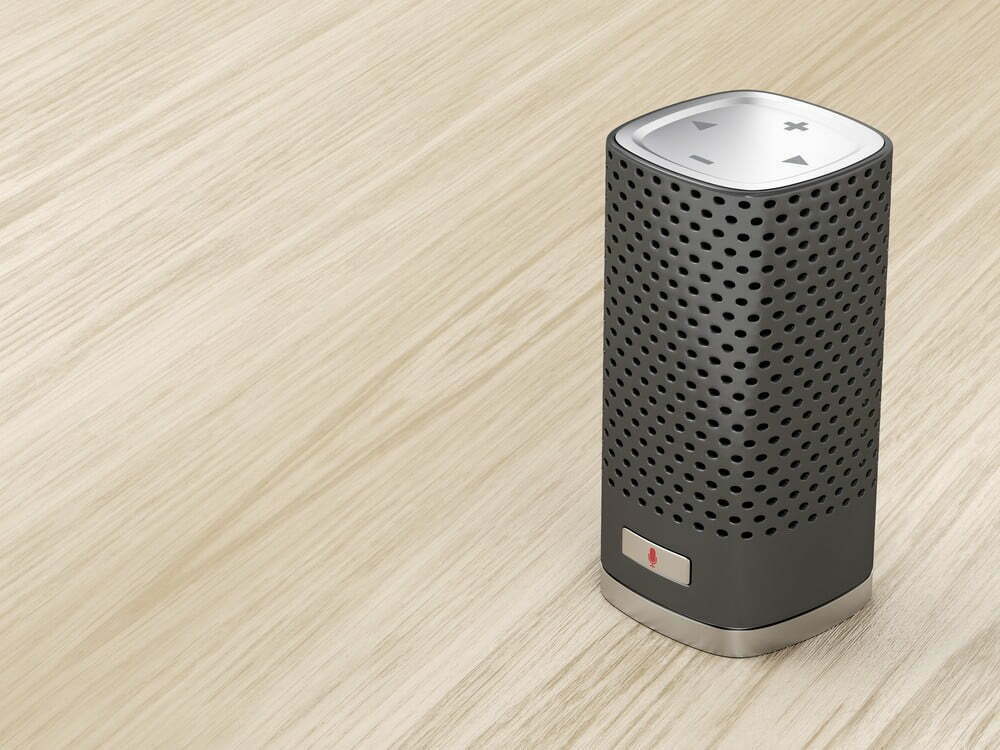


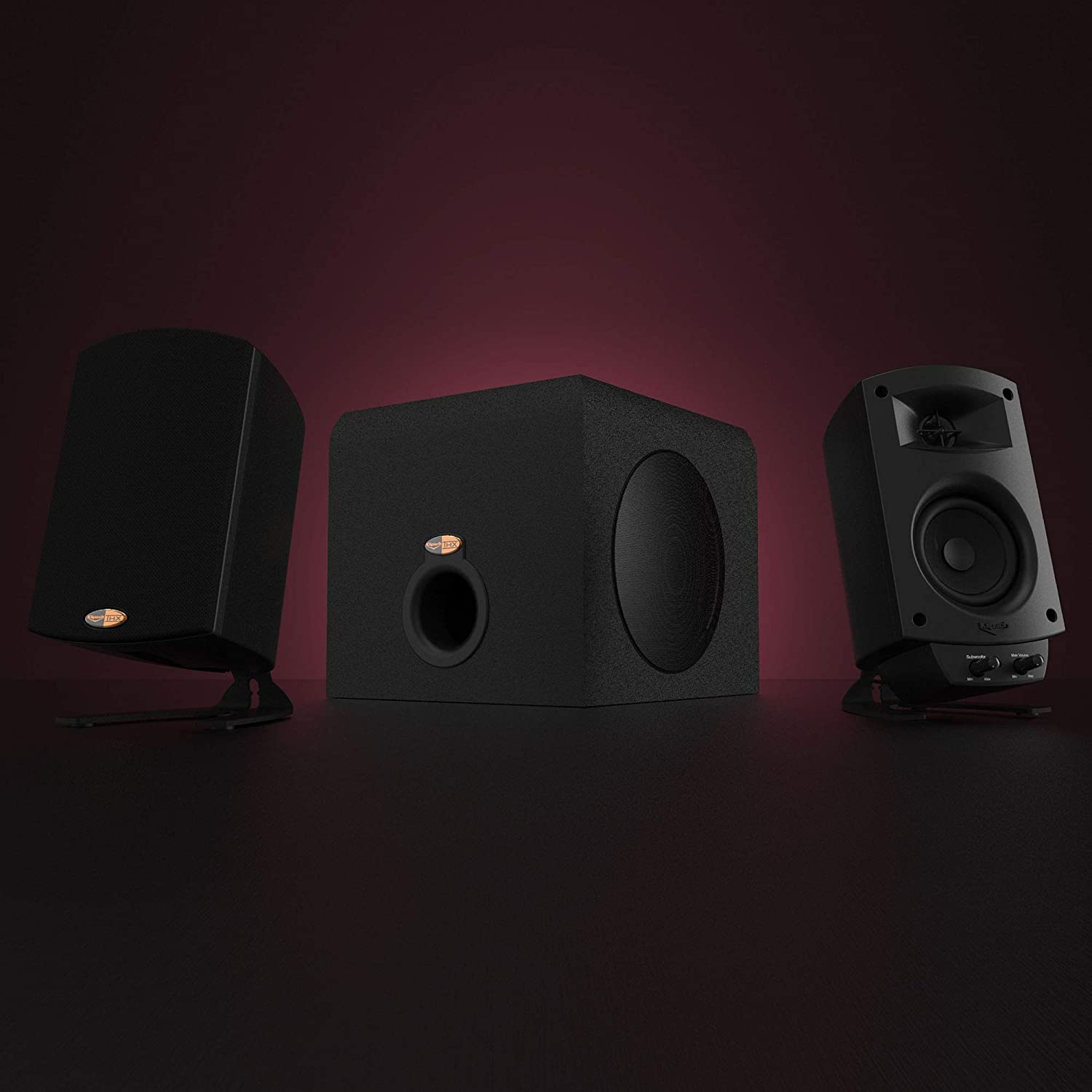
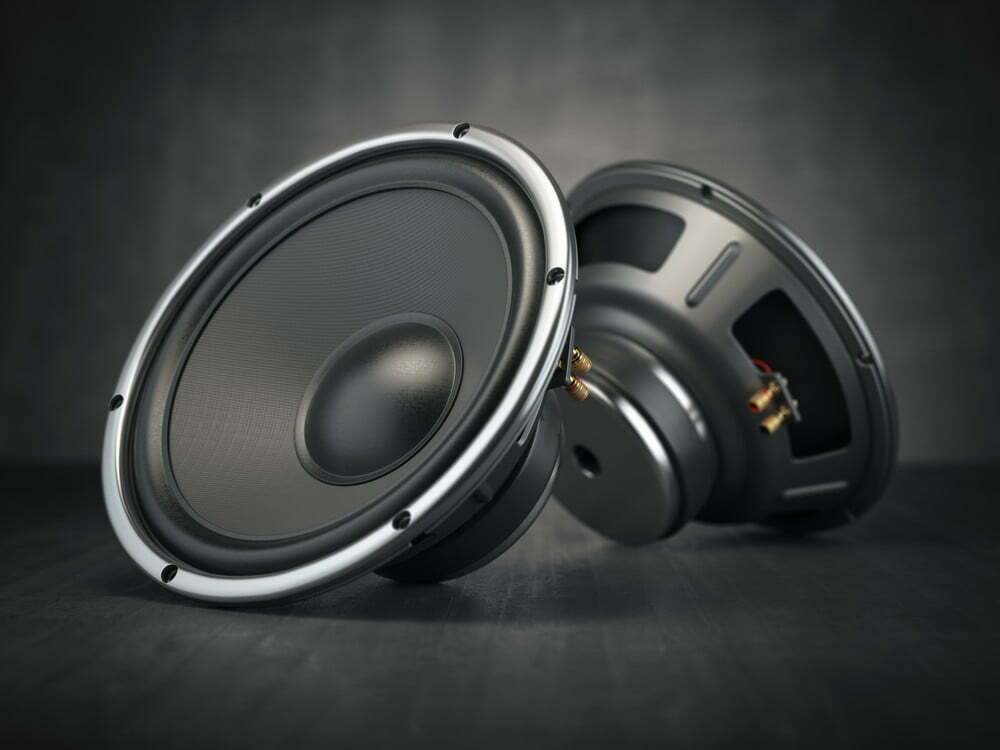
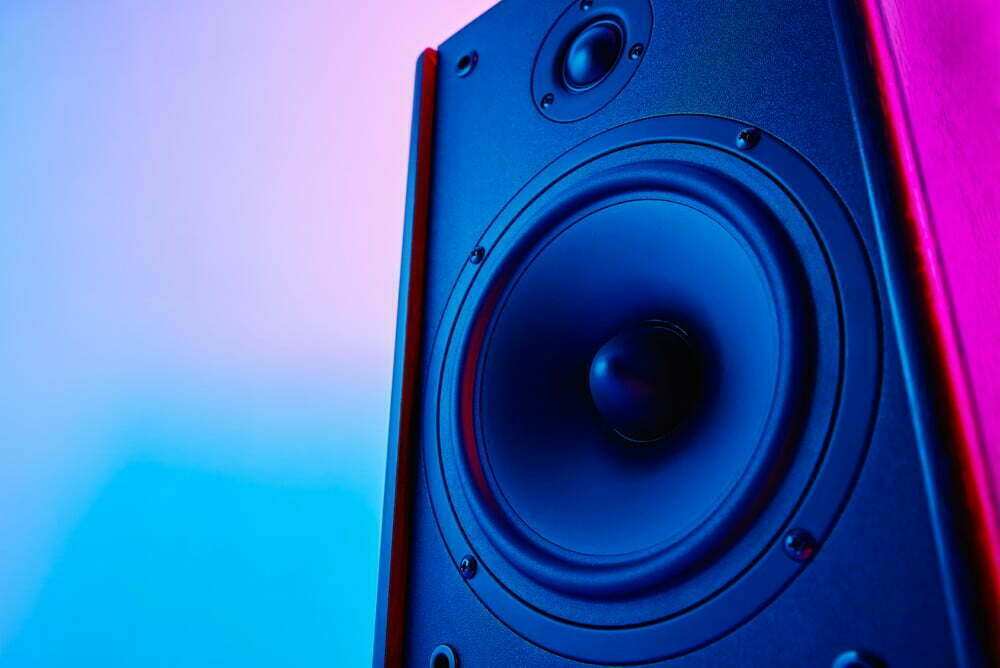
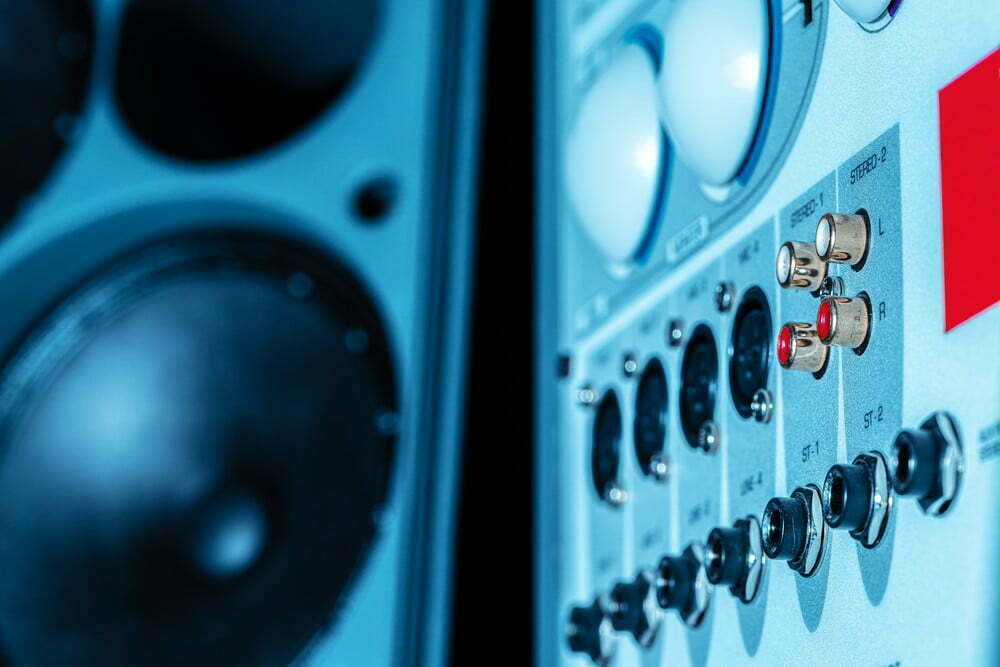

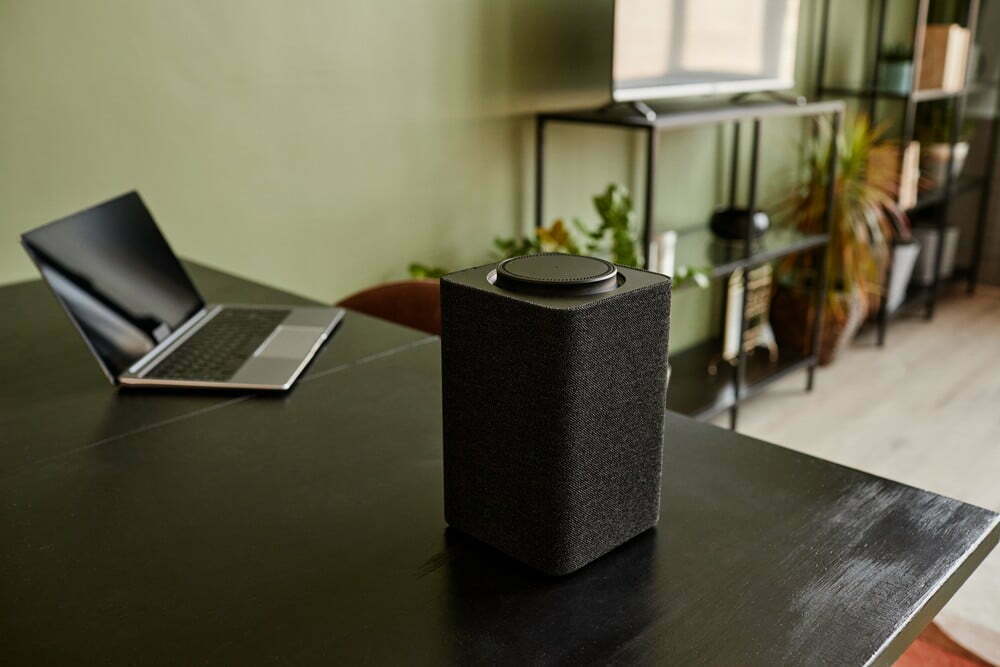

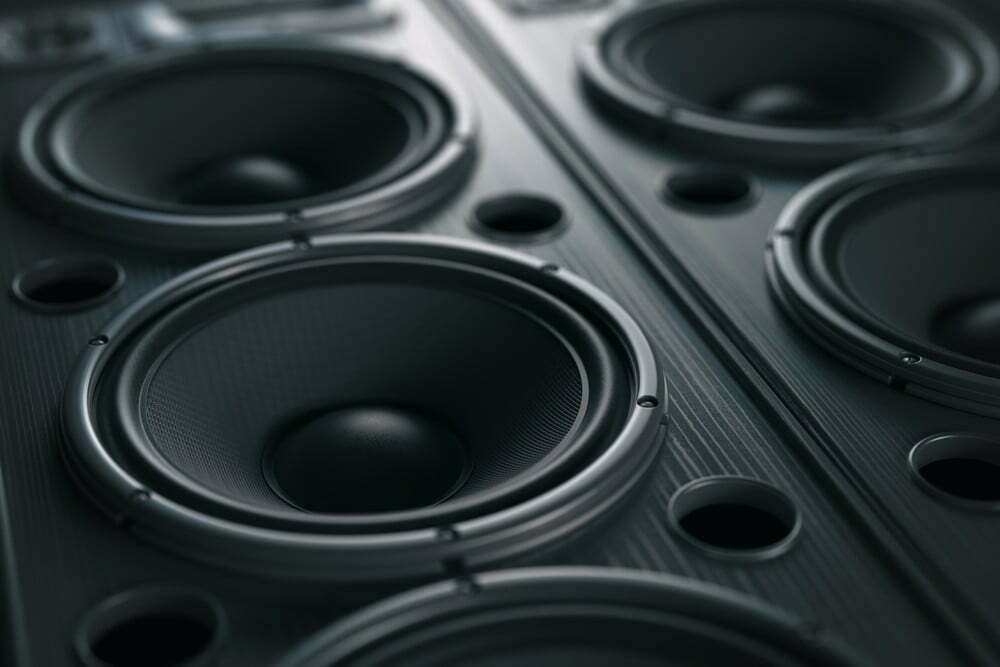

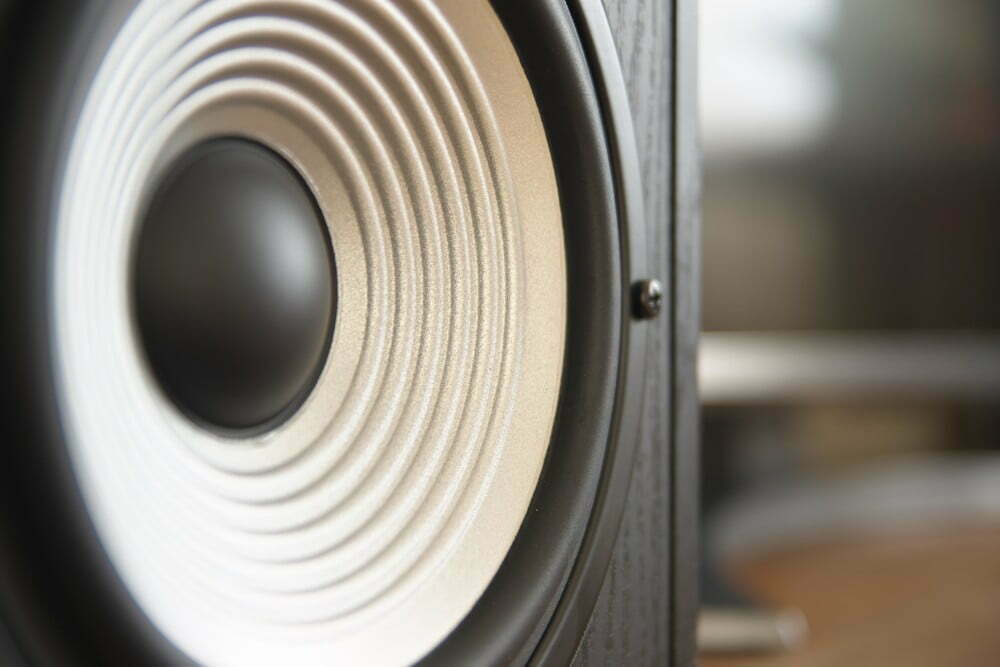
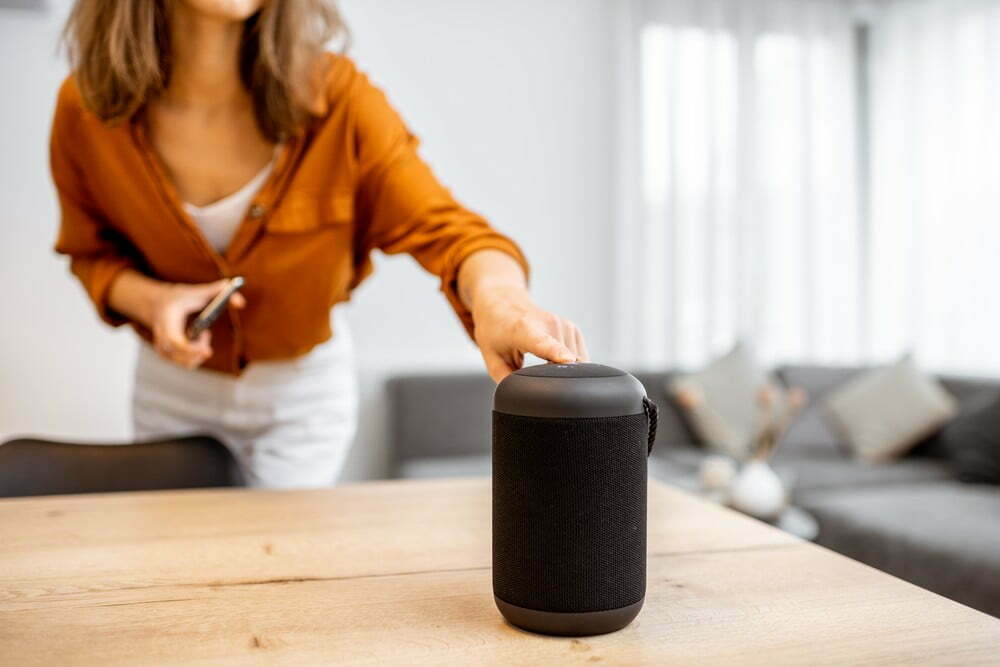
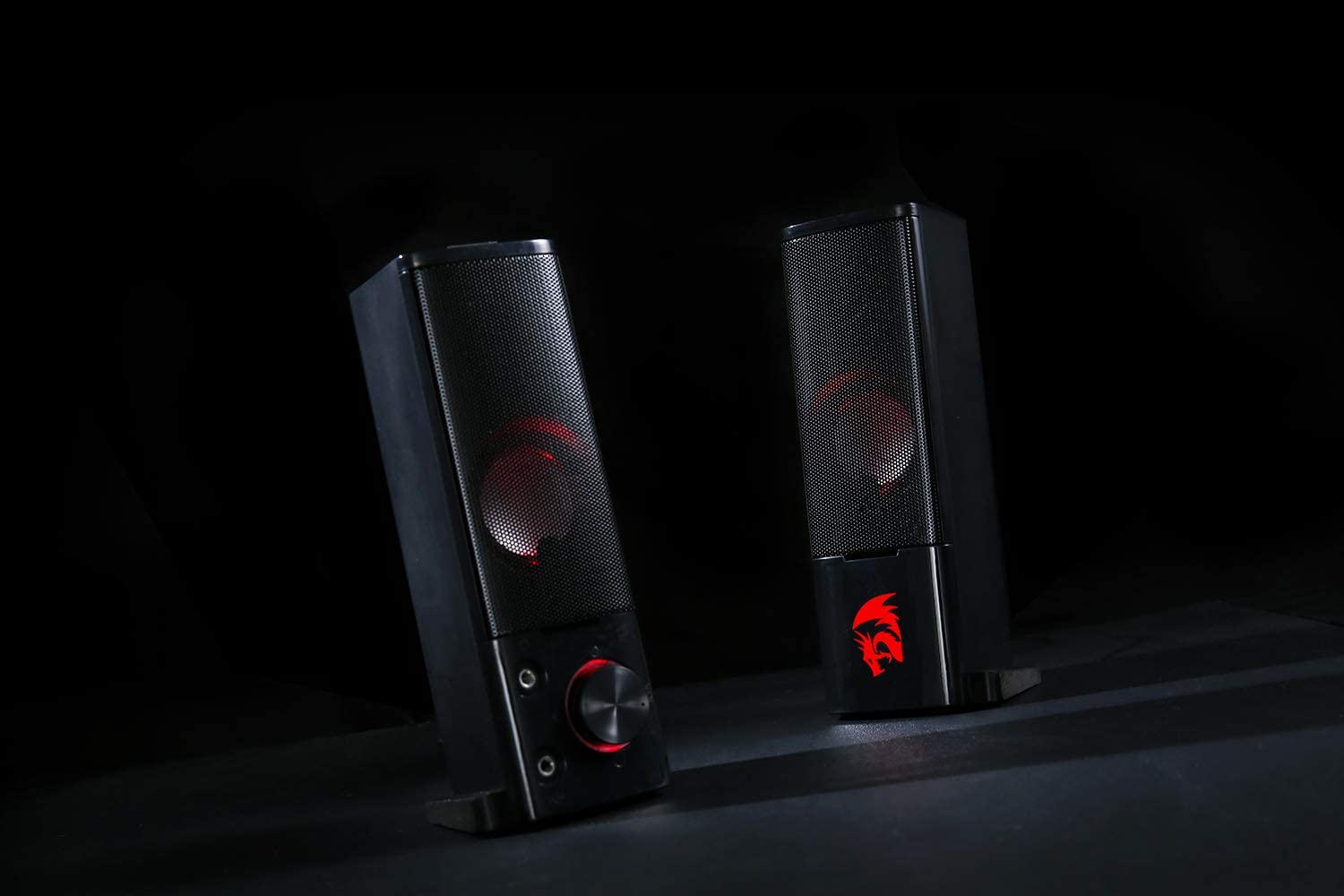
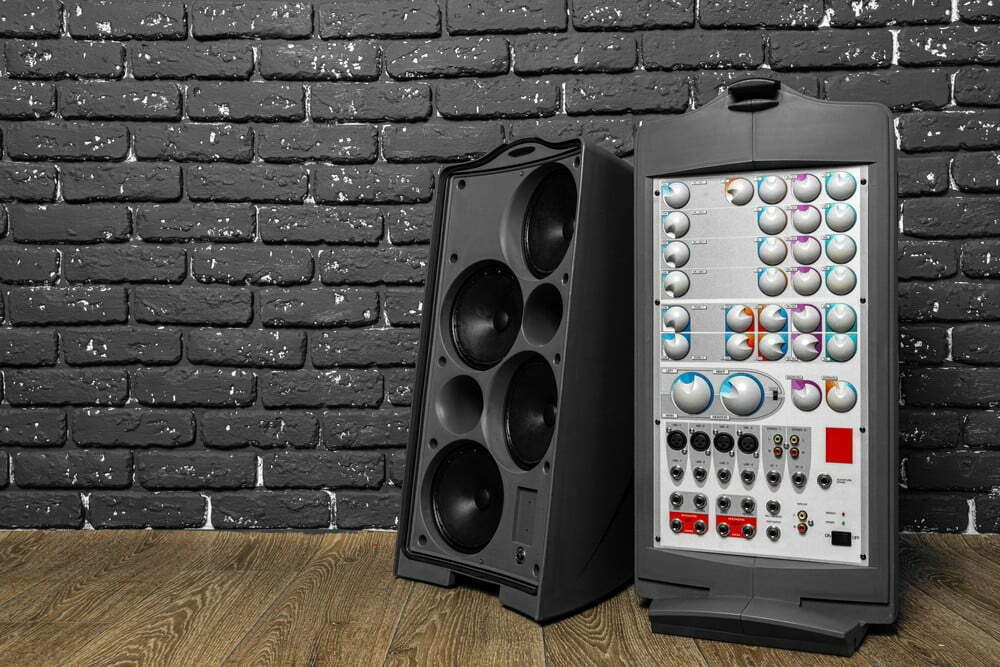

![Best Powered Speakers in [year] 27 Best Powered Speakers in 2026](https://www.gadgetreview.dev/wp-content/uploads/best-powered-speakers-image.jpg)
![Best Stereo Speakers in [year] 28 Best Stereo Speakers in 2026](https://www.gadgetreview.dev/wp-content/uploads/best-stereo-speakers-image.jpg)
![Best SoundBar in [year] ([month] Reviews) 29 Best SoundBar in 2026 (January Reviews)](https://www.gadgetreview.dev/wp-content/uploads/best-soundbar-image.jpg)
![Best Subwoofers in [year] ([month] Reviews) 30 Best Subwoofers in 2026 (January Reviews)](https://www.gadgetreview.dev/wp-content/uploads/best-subwoofer-image.jpg)
![Best TableTop Radio in [year] ([month] Reviews) 31 Best TableTop Radio in 2026 (January Reviews)](https://www.gadgetreview.dev/wp-content/uploads/best-tabletop-radios-image.jpg)
![Best 8 Inch Subwoofers in [year] 32 Best 8 Inch Subwoofers in 2026](https://www.gadgetreview.dev/wp-content/uploads/best-8-inch-subwoofer-image.jpg)
![Best Surround Sound Systems in [year] 33 Best Surround Sound Systems in 2026](https://www.gadgetreview.dev/wp-content/uploads/best-surround-sound-system-image.jpg)
![Best Laptop Speakers in [year] 34 Best Laptop Speakers in 2026](https://www.gadgetreview.dev/wp-content/uploads/best-laptop-speakers-image.jpg)
![Best Wireless Surround Sound Speakers in [year] 35 Best Wireless Surround Sound Speakers in 2026](https://www.gadgetreview.dev/wp-content/uploads/best-wireless-surround-sound-image.jpg)
![Best Bose Speakers in [year] 36 Best Bose Speakers in 2026](https://www.gadgetreview.dev/wp-content/uploads/best-bose-speakers-image.jpg)
![Best Home Stereo Systems in [year] 37 Best Home Stereo Systems in 2026](https://www.gadgetreview.dev/wp-content/uploads/best-home-stereo-system-image.jpg)
![Best WiFi Speakers in [year] 38 Best WiFi Speakers in 2026](https://www.gadgetreview.dev/wp-content/uploads/best-wifi-speakers-image.jpg)
![Best Wireless Home Theater Systems in [year] 39 Best Wireless Home Theater Systems in 2026](https://www.gadgetreview.dev/wp-content/uploads/best-wireless-home-theater-system-image.jpg)
![Best Party Speakers in [year] 40 Best Party Speakers in 2026](https://www.gadgetreview.dev/wp-content/uploads/best-party-speakers-image.jpg)
![Loudest Bluetooth Speakers in [year] 41 Loudest Bluetooth Speakers in 2026](https://www.gadgetreview.dev/wp-content/uploads/loudest-bluetooth-speaker-image.jpg)
![Best Car Speakers for Bass in [year] 42 Best Car Speakers for Bass in 2026](https://www.gadgetreview.dev/wp-content/uploads/best-car-speakers-for-bass-image.jpg)
![Best Marine Speakers in [year] 43 Best Marine Speakers in 2026](https://www.gadgetreview.dev/wp-content/uploads/best-marine-speakers-image.jpg)
![Best JBL Speakers in [year] 44 Best JBL Speakers in 2026](https://www.gadgetreview.dev/wp-content/uploads/best-jbl-speakers-image.jpg)
![Best Home Theater Speakers in [year] 45 Best Home Theater Speakers in 2026](https://www.gadgetreview.dev/wp-content/uploads/best-home-theater-speakers-image.jpg)
![Best Waterproof Speakers in [year] 46 Best Waterproof Speakers in 2026](https://www.gadgetreview.dev/wp-content/uploads/best-waterproof-speaker-image.jpg)





